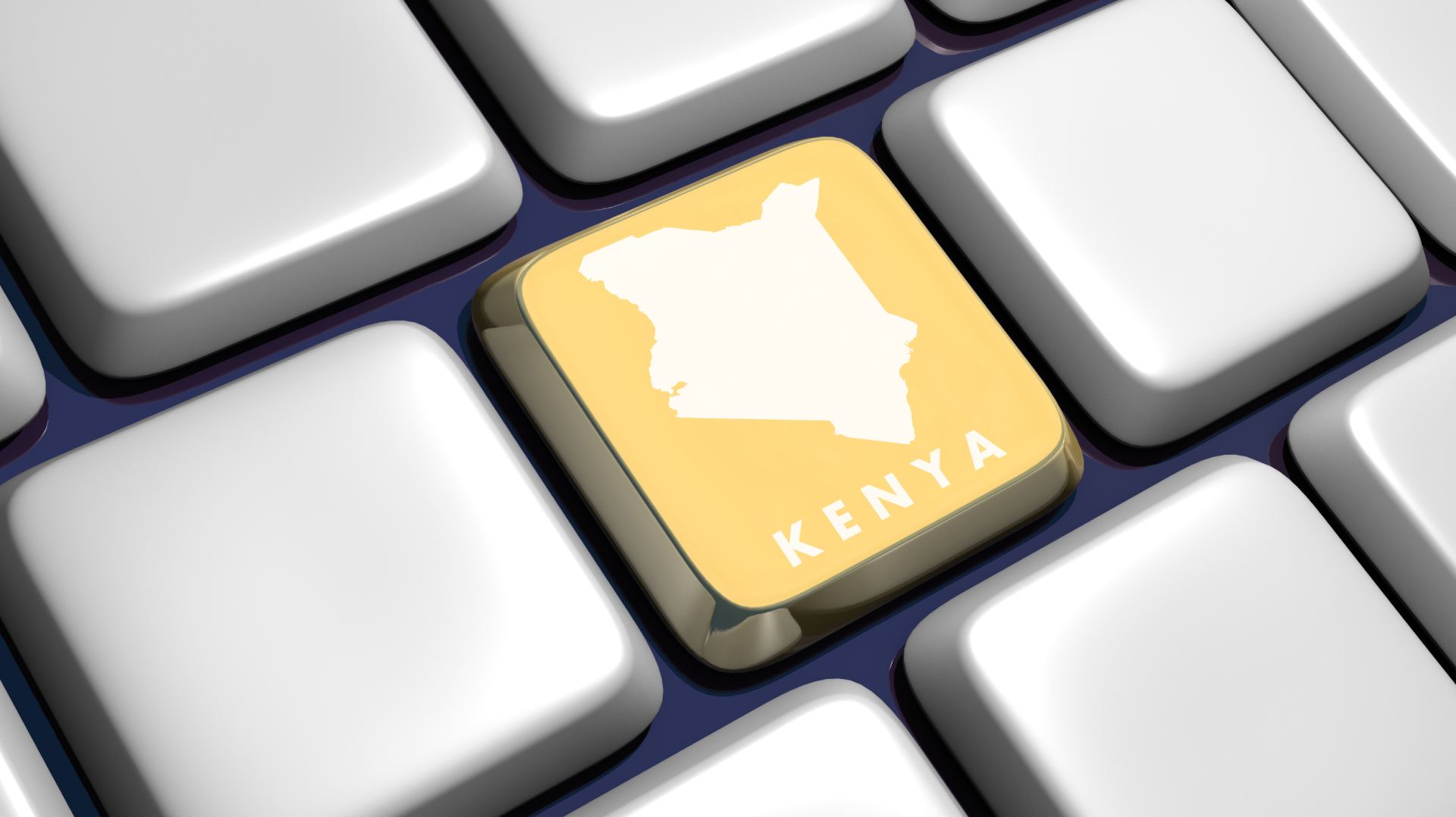Kenya ICT policy 2019 Highlights

National Information, Communications and Technology (ICT) Policy 2019
Introduction
- The National ICT policy was published on the 30th of December, 2019 and it captures the ICT ambitions of Kenyan citizens and corporations. It also creates a framework for their timely realisation. The policy will be progressively implemented and supported by all arms of government.
Highlights
- The vision of the policy is to make Kenya a globally competitive knowledge based economy. The mission of the policy is to facilitate universal access to ICT infrastructure and services all over the country.
The policy focuses on 4 key areas:
- Mobile First
- Market
- Skills and Innovation
- Public ServiceDelivery Guiding Principles of the ICT Policy
Economic Agenda
- Put ICT at the centre of the national economic agenda, recognising the role of the ICT sector as a critical pillar in national development and the attainment of the goal of becoming and remaining a global leader in the knowledge-based economy. Ubiquitous Access
- Fulfil the goal of giving every Kenyan access to reliable, affordable, high-speed broadband connectivity Constitutional Principles
- Improve government accountability, efficiency, service delivery and maintain an open government. Develop and protect citizen rights and duties as enshrined in the constitution of our republic. Private Sector
- Give the interests of the private sector top priority in order to foster entrepreneurship, innovation, investment and growth. Sustainable Development
- Leverage ICT to promote sustainable development, accelerate human development, bridge the digital divide and develop a knowledge society.
Technology Trends
- Gigabit and Petabit Wireless •Ubiquitous Communications
- Pervasive Instrumentation
- Big Data
- Deep Learning
- Blockchain and Digital Currency
- The Sharing Economy
- The Gig Economy
- Adaptive Security Architecture
- Mass Personalisation and Personalised Manufacturing
1. Mobile First
- This area is has three focus points which are ICT Infrastructure and Access, Universal Access and Accessibility.
- The policy states that the government will provide network; storage and processing infrastructure frameworks and guidelines that will see Kenya successfully compete on a global scale. This will include:
- Investments in the infrastructure needed for work such as data centres, hardware, software, telecommunications, networks and broadcasting.
- Creating an enabling environment for the local assembly and manufacturing of devices
- Strengthening of our payments and logistics infrastructure
- Growth and adoption of local e-commerce platforms with global reach
- Provision of trusted security and certification infrastructure for all electronic communication and transactions
- Accessible news and media plat forms both offline and online
- Affordable marketing and advertising platforms with quality audience data
- Providing an all inclusive ICT environment by encouraging gender equality and accessibility to persons with disabilities 9.Coordination and cooperation with international systems and platforms for global reach
2. Market
- This ICT policy has been formulated to spur economic growth, recognising ICTs as an enabler. The contributions of the ICT policy to The Market are in three domains,namely: Money, Rules and Things.
3. Skills and Innovation
- The policy states that the Government will support and enable the development of a robust technology entrepreneurship ecosystem in the country. This will be through an ICT Co-Fund that will unlock requisite capital, avail easy access to critical technical assistance and actively promote the adoption and utilisation of local innovations. Public long-term funds will be incentivized to set aside 5% of their investments for the local ICT ecosystem.
4. Public Service Delivery
- The ICT policy requires all arms of government to build, deploy, operate and manage locally built back-end and front end systems to deliver services.The policy also requires that Kenyan data remains in Kenya,and that it is stored safely and in a manner that protects the privacy of citizens to the utmost. Government services will be delivered in a manner that ensures we have a prosperous,free, open and stable society. This policy aims to promote the collaboration of the National and County governments to ensure that all services,both physical and digital reach every citizen at a guaranteed high level of quality.
Monitoring and Evaluation
- A review of this policy will be conducted every three (3) years and a mid-term review after five years.

